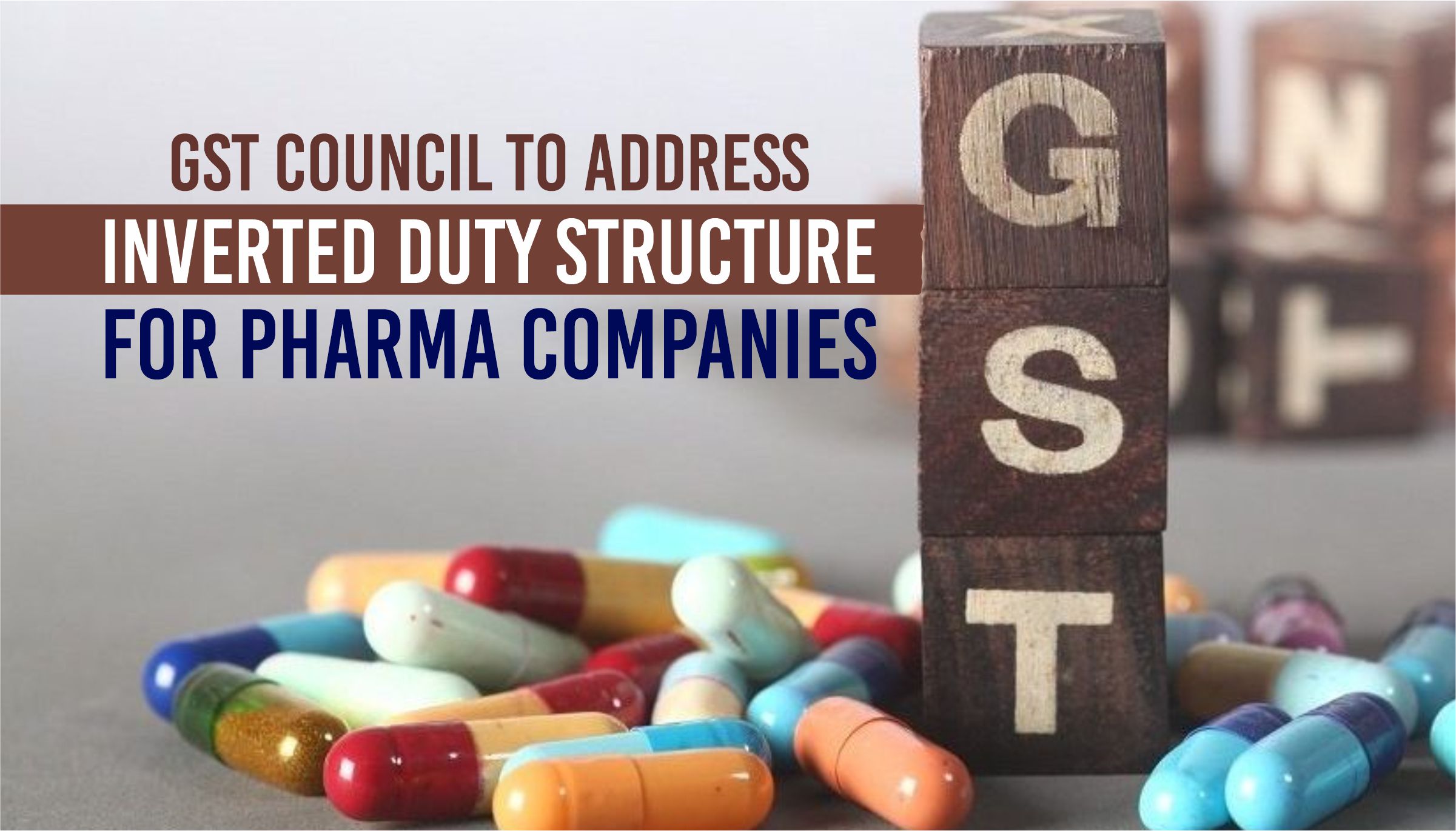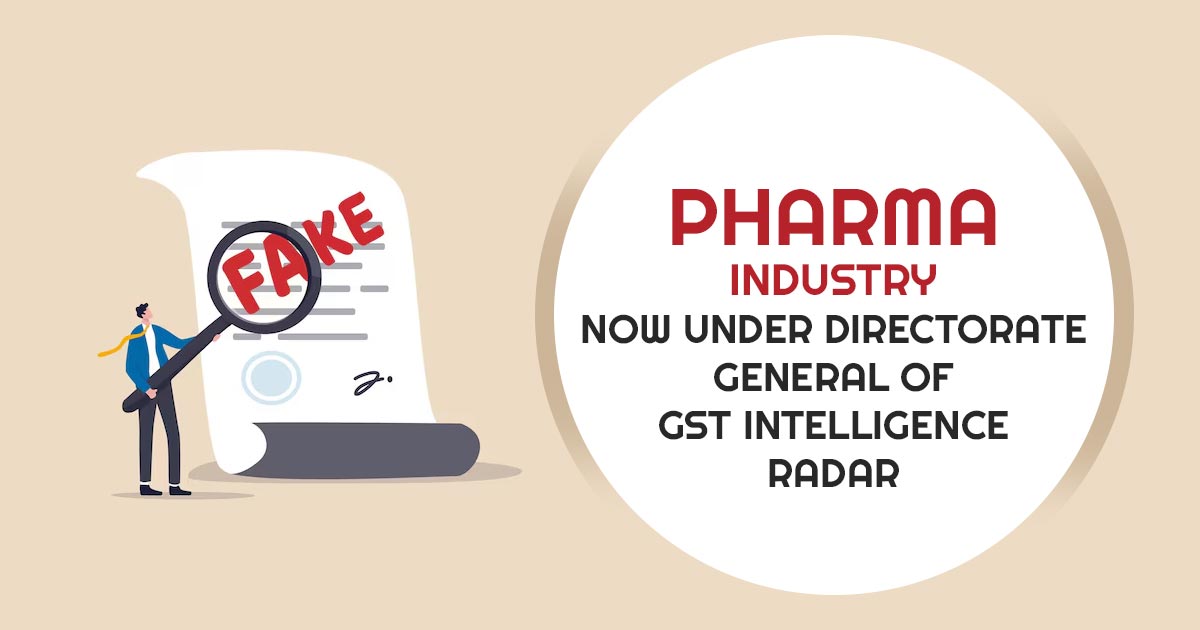GST Council to Address Inverted Duty Structure for Pharma Companies

The Indian pharmaceutical industry, renowned globally for its generics and vaccines, may soon see a resolution to a persistent challenge – the inverted duty structure on pharmaceutical products. This structural anomaly, where the tax rate on raw materials exceeds that on the finished product, has long burdened manufacturers with financial constraints. However, recent developments indicate a potential breakthrough as the GST Council considers addressing this issue.
Understanding the Inverted Duty Structure
The inverted duty structure, particularly prevalent in the pharmaceutical sector, entails a higher tax rate on inputs compared to the tax rate on the final product. In the case of pharmaceuticals, inputs are subjected to an 18% GST, while the finished products carry a 5% tax. This incongruity not only affects the competitiveness of manufacturers but also hampers their ability to offer affordable prices to consumers.
Industry stakeholders, cognizant of the detrimental impact of the inverted duty structure, have actively engaged with authorities to seek remedies. Reports suggest that the pharmaceutical department is approaching the Finance Ministry to explore potential solutions. Among the proposed measures is a more balanced GST structure, with a proposed 12% tax rate for final products and maintaining the 5% rate for inputs.
Aligning with National Vision
The initiative to rectify the inverted duty structure aligns with the government’s broader vision for the pharmaceutical sector. Under the ambitious “Vision Pharma 2047,” India aims to emerge as a global leader in affordable and innovative medicines. This initiative underscores the importance of fostering a conducive regulatory environment that promotes growth and innovation within the industry.
The government’s efforts to strengthen the healthcare ecosystem extend beyond the pharmaceutical sector. Initiatives such as the Production Linked Incentive (PLI) scheme aim to bolster local manufacturing of medical equipment, complementing reforms within the pharmaceutical industry.
Pharma Companies Under DGGI Scanner
While the change for the inverted duty structure seems far ahead, presently the sector is under the regulatory spotlight for alleged GST evasion amounting to a staggering Rs 450 crore. as per reports by CNBC TV18. In response to mounting concerns over tax compliance, the Directorate General of GST Intelligence (DGGI) has launched a sweeping investigation targeting leading pharmaceutical companies across the nation in the fiscal year 2024. According to sources, 41 cases have been initiated, uncovering a web of illicit practices employed by pharma firms to evade GST obligations.
The investigations reveal a multitude of strategies deployed by pharmaceutical companies to circumvent GST regulations, including brand transfer sales, fraudulent Input Tax Credit (ITC) claims on expired drugs, erroneous claims for business support services, and deliberate non-payment of GST under the Reverse Charge Mechanism. DGGI’s Mumbai zone, in particular, has emerged as a focal point of the crackdown, with 29 out of the 41 cases originating from this region.

Notable settlements have already been reached, with Glenmark Pharmaceuticals leading the pack by settling dues totalling approximately Rs 170 crore. Similarly, Vicco Laboratories paid 40 Crores, and Zydus Healthcare and Zydus Life Science paid over 45 crores and 12 crores, respectively, contributing to significant settlements. However, the list of implicated companies extends beyond these prominent names, encompassing a wide spectrum of pharmaceutical giants, including Sun Pharma Laboratories Ltd, Biocon Ltd, Pfizer Ltd, Wockhardt Ltd, Torrent Pharmaceuticals Ltd, Aurobindo Pharma Ltd, Cipla Ltd, and others.
As the GST Council deliberates on potential revisions to address the inverted duty structure, the pharmaceutical industry remains cautiously optimistic. Resolving this longstanding issue could unlock new opportunities for growth and innovation, positioning India as a key player in the global pharmaceutical landscape. However, effective implementation and enforcement mechanisms will be crucial to realizing the full potential of these reforms and ensuring a vibrant and sustainable pharmaceutical ecosystem.
